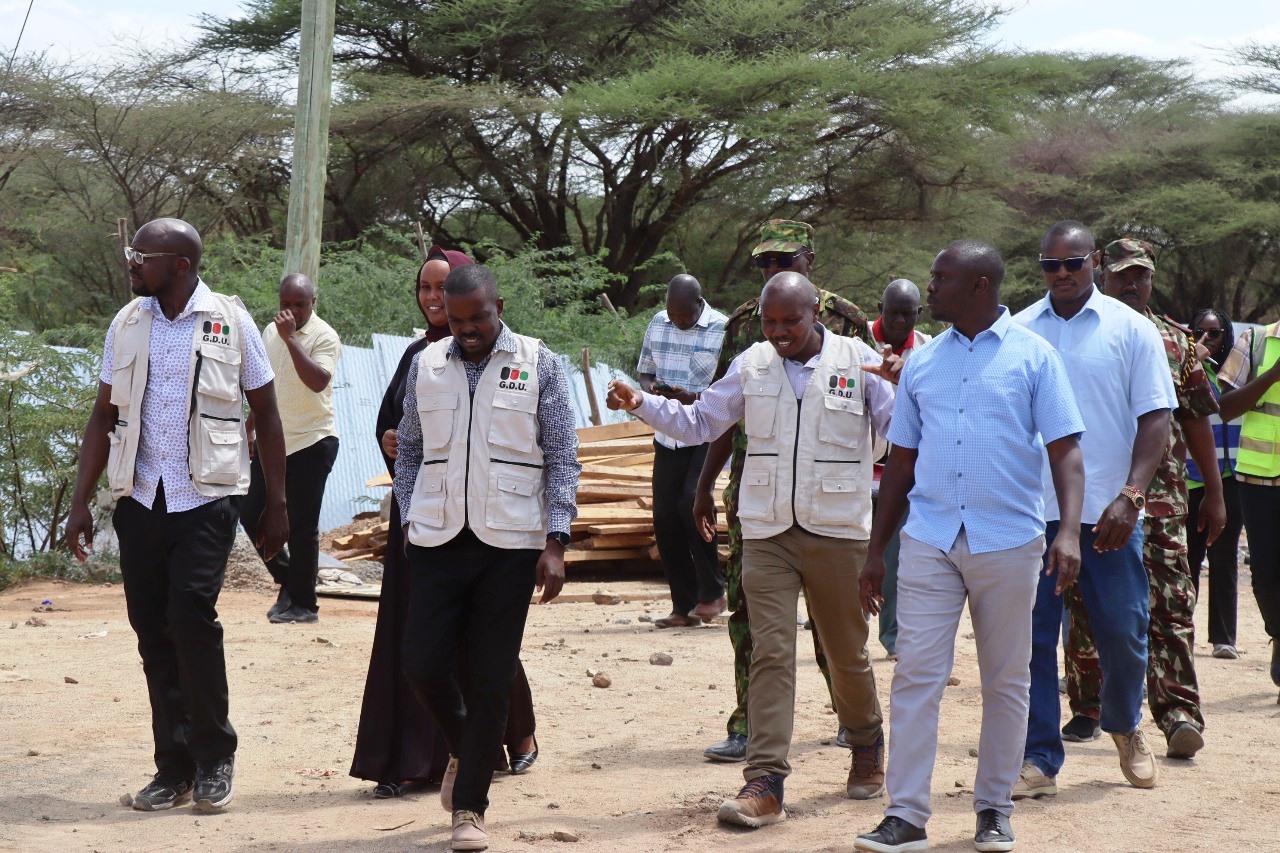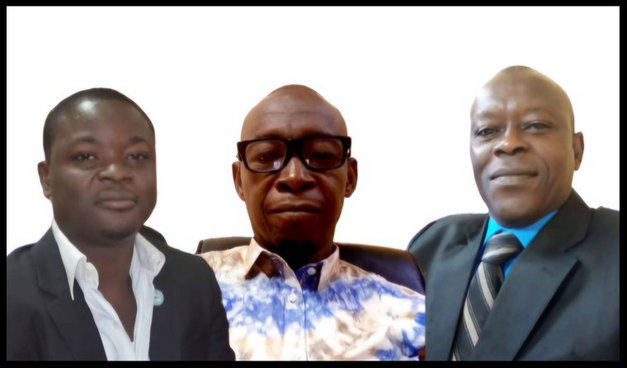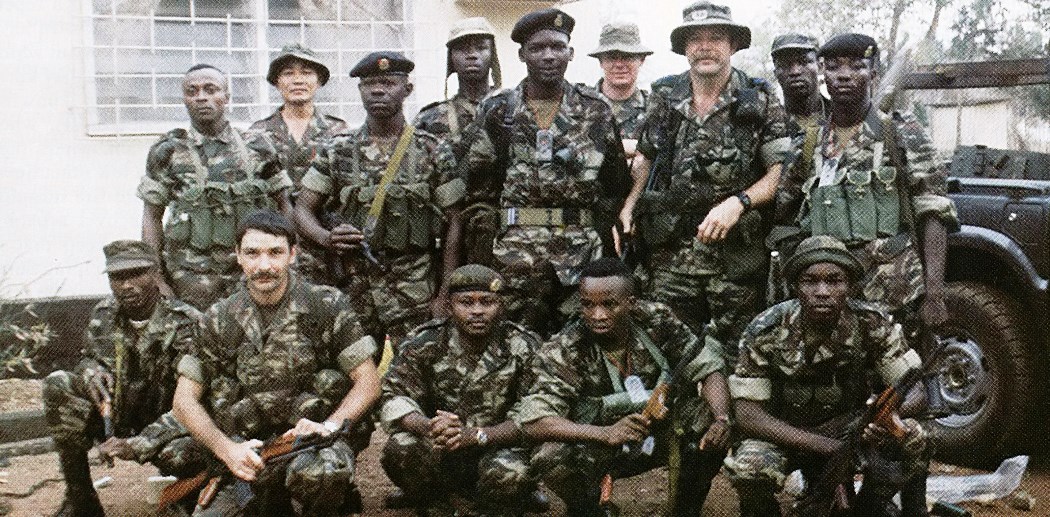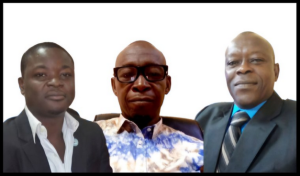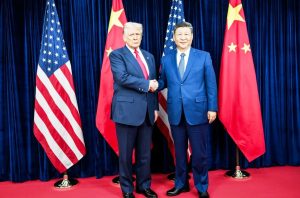Former Tanzanian President Mwalimu Julius Nyerere. PHOTO/Wikimedia Commons.
By SETH WETOYI ADAMS
I am increasingly convinced that the solution to Africa’s problems is not hidden in policy blueprints, foreign aid, or even new infrastructure projects. For me, the answer boils down to one word: leadership.
From my perspective, Africa is not suffering from a shortage of people in power. What we have instead is an excess of politicians—individuals who are more preoccupied with winning elections than building a lasting legacy, who wield power without principles and accumulate wealth without morals.
These politicians focus on securing the next vote rather than investing in the next generation. This, I believe, is why Africa remains trapped in cycles of poverty, inequality, and untapped potential.
Having observed the continent closely, I see how poor leadership has caused state failures, economic collapses, internal conflicts, and a deep erosion of public trust. Leadership, in my view, is not simply about holding office; it requires vision, character, and a genuine commitment to serve rather than to rule.
Africa does not lack resources or bright minds. What we lack, in my opinion, is a steady stream of transformative leaders, leaders who build strong institutions, uphold justice, and leave a legacy far greater than themselves.
I believe the path forward is clear, though not easy: Africa must cultivate a culture of ethical, visionary, and accountable leadership.
This means shifting from transactional politics to transformational leadership—the kind of leadership that prioritises justice, human development, and national unity over tribal loyalty or party allegiance.
We need nation builders, not mere power seekers. We need statesmen, not strongmen.
From where I stand, there are five key shifts that can help Africa nurture the right leaders. True leadership, I believe, begins long before elections. It starts within our homes, schools, places of worship, and communities.
We must teach values-based leadership; integrity, humility, empathy, and courage—alongside literacy and numeracy.
Civics should be a core part of our education systems, empowering young people to understand governance, democracy, and their role in shaping the future.

Nelson Mandela speaking at the United Nations luncheon shortly after becomingpresident of South Africa. PHOTO/UN.
You simply cannot build a nation with citizens who don’t know what they stand for. We need to institutionalise checks and balances that prevent the abuse of power.
This includes; strengthening the independence of electoral bodies and the judiciary, enforcing term limits and upholding constitutionalism and ensuring transparency and accountability in campaign finance.
A system that rewards deceit and money over merit will, in my view, always produce the wrong leaders. Citizens must stop being passive spectators and start being active participants. Leadership is not only about who governs but also about how the governed respond.
We need a vigilant, politically conscious, and courageous citizenry; willing to reject bribes, vote based on values, and hold leaders accountable beyond election day.
Africa must look beyond the traditional political class. I believe we need to empower entrepreneurs, educators, professionals, activists, and faith leaders to step into leadership roles at every level.
Leadership development programmes like the Young African Leaders Initiative (YALI) and the African Leadership Academy are great starts, but I think more grassroots mentorship and platforms are needed.
We must intentionally promote stories of African leaders who led with courage and integrity—whether it’s Nelson Mandela, Ellen Johnson Sirleaf, Julius Nyerere, or even local heroes who quietly transformed their communities.
By honouring legacy over popularity, we shape the next generation’s aspirations—not towards fame, but towards meaningful impact.
Africa’s destiny, I firmly believe, will not be determined by its minerals or foreign donors, but by the quality of leaders we raise and the systems we build.
It is time to stop merely electing politicians and start cultivating transformational leaders.
And that journey does not begin with someone else. It begins with you and me; in how we vote, how we lead in our own spaces, and how we invest in the next generation.
Africa doesn’t need another five-year manifesto. It needs a 50-year vision and leaders with the character and courage to pursue it.
